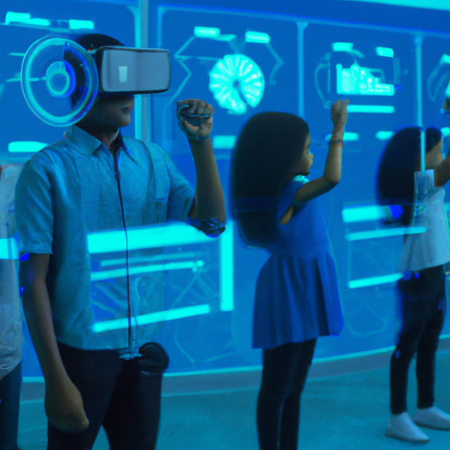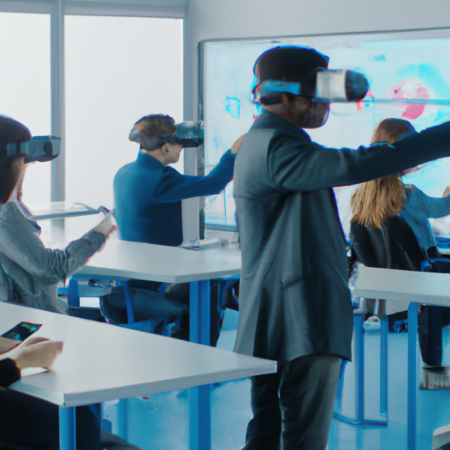Harnessing Digital Tools for Enhanced Learning: Strategies for 2025
As we move further into the decade, the role of technology in education continues to evolve, offering new opportunities and challenges. Educators and students alike are navigating a landscape where digital tools are not just add-ons, but essential parts of the educational framework.
Integrating Technology in Classrooms
The integration of technology in education has transformed traditional teaching methodologies. Interactive learning platforms, virtual reality (VR) experiences, and AI-driven personalized learning plans are becoming commonplace. These technologies not only enhance learning outcomes but also make education more accessible and inclusive.
The Rise of AI in Education
Artificial Intelligence (AI) continues to be a game-changer in educational settings. AI tools are used for automating administrative tasks, providing real-time feedback to students, and creating adaptive learning environments that respond to the needs of individual learners.
Data-Driven Decisions
Data analytics in education helps in identifying patterns and trends, which can inform curriculum adjustments and teaching strategies. Educators are increasingly relying on data to make informed decisions that enhance student engagement and learning outcomes.
Challenges and Considerations
Despite the benefits, the rapid integration of digital tools in education also presents challenges. Issues such as digital divide, data privacy, and the need for teacher training are critical considerations that need addressing to fully leverage the potential of technology in education.
Looking Ahead
As we look to the future, the focus should be on creating a balanced educational ecosystem where technology supports effective learning without overshadowing the human element. Embracing innovation, while ensuring inclusivity and accessibility, will be key to shaping the future of education in 2025 and beyond.






